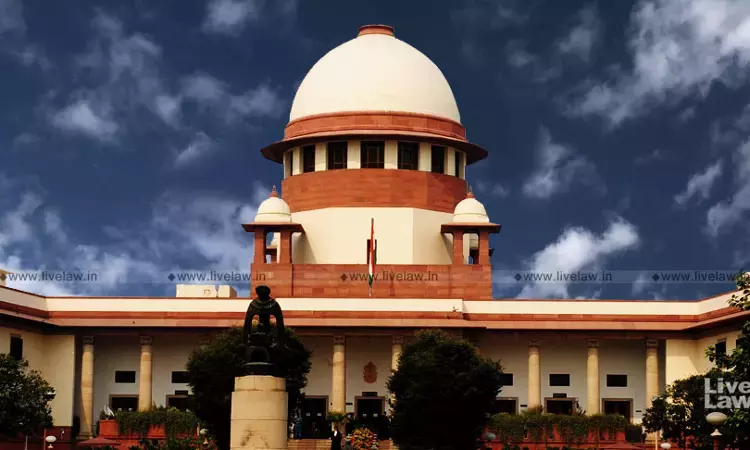
Legal Precedents Upheld: Allahabad High Court Rules on Hindu Marriage Dissolution and Maintenance
Last Updated on March 11, 2024 by News Desk
Introduction:
In a recent judgment, the Allahabad High Court reaffirmed the legal sanctity of Hindu marriages and the obligations therein, shedding light on the dissolution of marriages and maintenance rights under the Hindu Marriage Act. The case involved a husband’s challenge against a family court order directing him to pay maintenance to his wife under Section 125 of the Criminal Procedure Code (CrPC), invoking a unilateral declaration of divorce executed on a stamp paper. This article delves into the court’s rationale and application of legal principles in this matter.
Issue:
The primary issue before the court was whether a marriage between two Hindus could be dissolved by means not recognized by the Hindu Marriage Act, particularly a unilateral declaration on a stamp paper, and whether the wife was entitled to maintenance despite the purported divorce.
Rule:
The court clarified that under Hindu law, a marriage cannot be dissolved by unilateral declaration on a stamp paper, as such a mode of dissolution is not recognized by law. It emphasized that marriages between Hindus can only be dissolved through modes prescribed by the Hindu Marriage Act. Additionally, the court highlighted that Section 125 of the CrPC does not impose a specific limitation period for seeking maintenance.
Analysis:
The court meticulously examined the purported divorce agreement, noting that it was unilaterally drafted by the wife on a stamp paper without legal recognition. Furthermore, it emphasized that since the marriage had not been dissolved in accordance with the law, the wife retained her status as the legally wedded spouse. The court also considered the circumstances surrounding the delay in the wife’s maintenance claim, acknowledging the impediment caused by her brother’s demise.
Conclusion:
In light of legal precedents and the specific circumstances of the case, the court upheld the family court’s order, directing the husband to pay maintenance to his wife. It emphasized that the husband’s remarriage and procreation with another woman did not dissolve his prior marriage, thus entitling the wife to maintenance. The court’s decision underscores the significance of adhering to legal procedures in matters of marriage dissolution and maintenance rights, ensuring equitable outcomes for all parties involved.
This judgment serves as a significant legal precedent, reaffirming the principles enshrined in the Hindu Marriage Act and the CrPC, and highlighting the importance of upholding marital obligations and maintenance rights within the framework of the law.
Written by — Athi Venkatesh AVD




